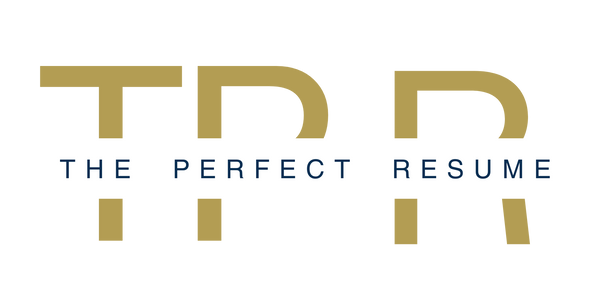
Professional Resume and Cover Letter Writers
Need help crafting the perfect resume and cover letter? Professional resume and cover letter writers can help you stand out from the competition. Get expert advice and secure your dream job today!
Cracking The Perfect Resume And Cover Letter Code
Recruiters and hiring manager's unconscious and conscious judgement and decision making processes apply when they read a resume and cover letter to determine if you are suitable for a position as advertised.
Some people are lucky enough to submit one application, be interviewed and selected for the role. Other's take longer and get lots of practice in searching and applying for jobs. To fast-track the time it takes to be shortlisted for an interview, it's an excellent opportunity to get training in preparing and writing practical job applications.
The effectiveness of your application, including the content, clarity, professionalism and enthusiasm conveyed, will not go unnoticed if you create an excellent first impression. Before you hit "Apply", make sure you do the following:
- Read the position description and advertisement carefully, ensuring you understand what the recruiter/employer is looking for in a candidate, and you know the instructions to follow. Such as including relevant information in your application, addressing selection criteria or contacting the recruiter before you apply.
- Check that the job closely aligns to your desired employment/career path. The role may not be a perfect fit. However, it may serve as a stepping stone for future positions.
- Prepare a written application that includes a 1-page cover letter and resume, tailoring your profile summary, essential skills and experience to match the job.
- Prepare the key selection criteria document if required. It is a good idea to have a library of criteria to draw on that you can copy and paste between applications. Each criteria should follow the Situation, Task, Actions and Results (STAR) approach. A selection criteria will commonly request a demonstration of experiences where you have displayed self-motivation, tenacity, time management, relationship development, networking, communication, teamwork, and customer service skills and a proven track in reaching and exceeding targets and goals. They may also be looking for technical, technology or learnt skills specific for the role, such as the knowledge of pharmacology.
- Check for formatting issues. Various phones and MACs create formatting errors. It is best to upload your documents to job portals in a PDF version unless the job portal says otherwise.
- References: Generally, you don't need to add references to your resume. However, some positions request them. Therefore in these circumstances, add your references to your resume.
Five key aspects to check before you submit your perfect cover letter to make a positive impression
- Adopt a professional approach, including a standard business format, ensuring the recipient is formally addressed, and the cover letter is limited to one page.
- Ensure the reader can determine your level of interest and can see the effort taken to prepare for the position, including the amount of research.
- Use of practical communication skills, including the ability to use correct spelling, grammar and syntax.
- Leverage an informal, yet professional tone with appropriate profiling in alignment with the job application. For example, they don't care that you enjoy sun baking on your weekends. However, they do care that you are organised and well-presented etc.
- Highlight your individuality with clear customisation and judgement in the selection of evidence that demonstrates your suitability for the role.
7 Aspects to Consider When Creating The Perfect Resume
- Content: Information is easy to read and contains relevant experiences and skills. Remove any content that is not value-added.
- Layout: There are distinct headings and consistent professional fonts, preferably Calibri size II for body text.
- Design: There is adequate white space to increase the scan-ability of the content.
- Length: The use of no more than 1 page for a graduate or entry-level position, two pages for a mid-level professional with less than five years of professional experience or three pages for an experienced professional or specialist, including C-level executives and project managers.
- Language: Information is clear, organised and adopts a formal tone, including the correct spelling, grammar and syntax.
- Relevance: Achievements regarding education, awards, scholarships, grants, KPIs reached, or metrics are useful to add credibility to your application. You could highlight how you saved money, improved workflows or contributed to efficiencies etc. However, all content should be tailored to the position being applied for.
- Quality: The resume is a professional document which demonstrates individuality, customisation and appropriate skills match.
Your application will be assessed and weighed against other candidates, often hundreds of other candidates. Therefore you must conform to the guidelines presented in the job advertisement and effectively communicate your experiences in terms of the job specifics.
